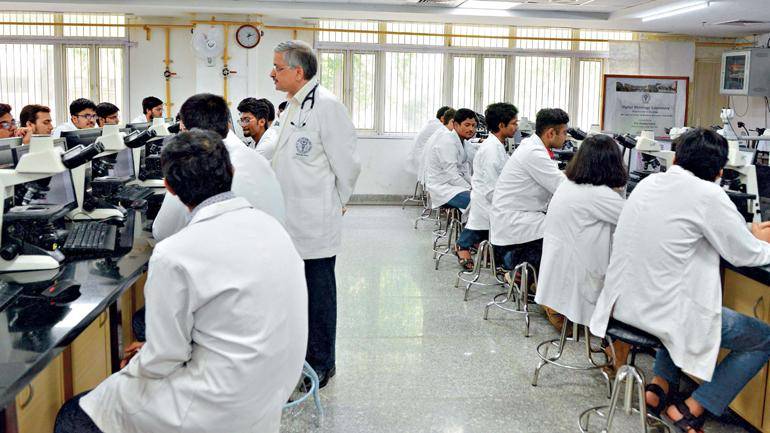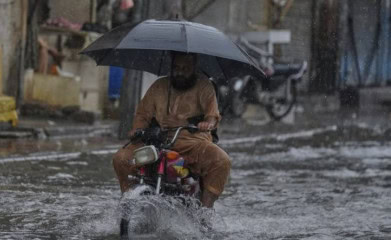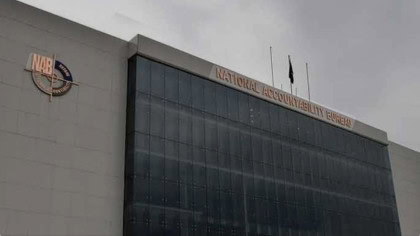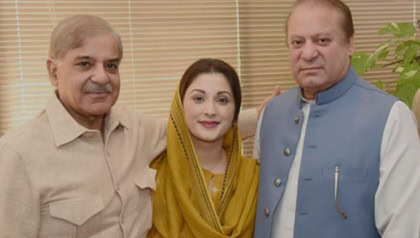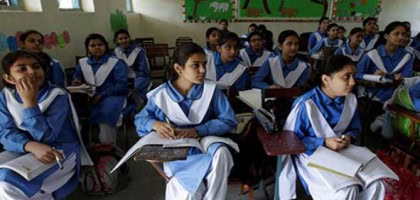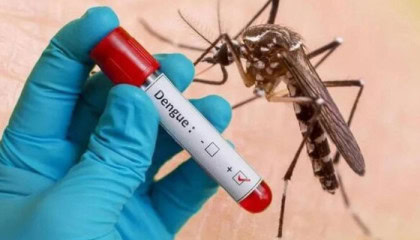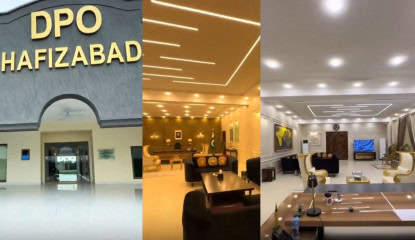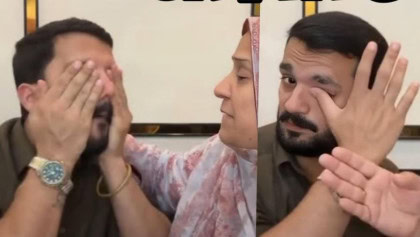KARACHI – The students and parents in Sindh faced severe financial stress due to an arbitrary 200% increase in tuition fees at private medical colleges, the latest reports unveiled on Monday.
In 2019, the annual tuition fee for private medical colleges was set at Rs1 million.
The colleges adhered to this for two years but then abruptly imposed a substantial and arbitrary hike. Currently, private medical colleges are charging between Rs10 million to Rs15 million in total for the five-year MBBS program.
As a result of this surge, students and their families are experiencing serious financial burdens. Additionally, they have to bear extra costs of around Rs2 million over five years for books, uniforms, transportation and daily expenses.
Meanwhile, the Pakistan Medical and Dental Council (PMDC) has remained silent on the extraordinary, unannounced, and arbitrary fee increases by private medical and dental colleges. From 2019 to 2021, the annual MBBS tuition fee was fixed at Rs1 million.
However, after the dissolution of PMDC, the Pakistan Medical Commission (PMC) categorized colleges into A, B, and C categories, allowing them to set their own fees.
Even after PMDC was reinstated, private colleges continued charging unregulated fees. In Karachi, tuition fees now range from Rs2.2 million to Rs2.7 million annually, excluding admission fees. Some colleges increase fees by 10–20% every year.
In contrast, government medical colleges charge Rs70,000 annually from open merit students, with a 10% yearly increment, while self-finance seats cost around Rs400,000 to Rs500,000 per year. One international medical college in Karachi charges $18,000 annually, meaning a student pays $90,000 over five years, not including other expenses.
This scenario highlights the practical ineffectiveness of PMDC in regulating medical education. Government medical and dental colleges offer limited seats. Increasing these seats could help accommodate more students and reduce the pressure on private institutions.
Samina, a student seeking admission to a private medical college, shared that she took the MDCAT in 2025 and didn’t make it to a public college, but her name appeared in a private college’s merit list. Upon admission, she discovered that colleges demand additional “donation” fees with no official receipts. Some private colleges, she said, treat education as a commodity, charging exorbitantly for degrees.
She said that in the first year, in addition to the Rs2.2 million tuition fee, a donation is also demanded without receipt. Using college transportation costs Rs100,000 per year, and hostel fees for female students are Rs 50,000 per month.
Danish noted that completing an MBBS degree at a private college now costs up to Rs15 million in total, which places immense psychological pressure on families.
Sagheer Ahmed, a second-year student at a private medical college, said fees are excessively high, and many colleges lack complete faculty. He added that private colleges in Karachi hold a monopoly and charge as they please. Medical education has become so expensive that students from low-income families can no longer afford it.
In Sindh, 2,450 MBBS seats are allocated across public medical colleges. The province has 12 government medical colleges, 7 government dental colleges, and 6 public medical universities.
Karachi’s Dow Medical College offers 350 seats; Jinnah Sindh Medical University, 350; Liaquat Medical University Jamshoro, 350; KMC College C, 250; Chandka Medical College Larkana, 250; People’s Women’s Medical College Nawabshah, 250; Khairpur Medical College, 100; Lyari Medical College, 100; Ghulam Muhammad Mahar Medical College Sukkur, 100; Gambat Medical College, 100; and Bilal Medical College for Boys, 100.
There are currently 187 medical and dental colleges across Pakistan.
The said institutions include 48 public medical colleges and 18 public dental colleges. Private institutions include 76 medical colleges and 43 dental colleges. The 76 private medical colleges offer about 7,600 MBBS seats, while private dental colleges offer around 2,200 seats annually.
On January 8, 2025, PMDC issued a public notice referencing directions from the Senate’s Standing Committee on National Health Services, Regulations, and Coordination. It stated that private medical and dental colleges should not charge fees for the 2024–25 session until the Prime Minister’s Medical Education Committee, led by the Deputy Prime Minister, reviews and revises the tuition fee structure. All colleges were directed to comply immediately with this order.
UHS issues seventh selection list for MBBS admissions in Punjab medical colleges

